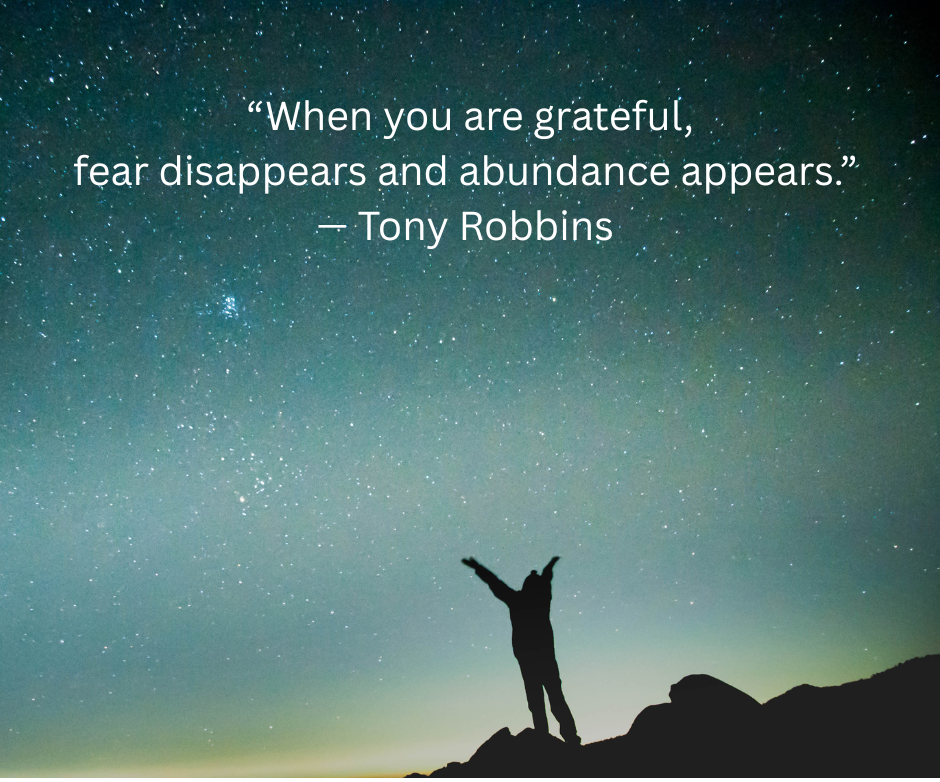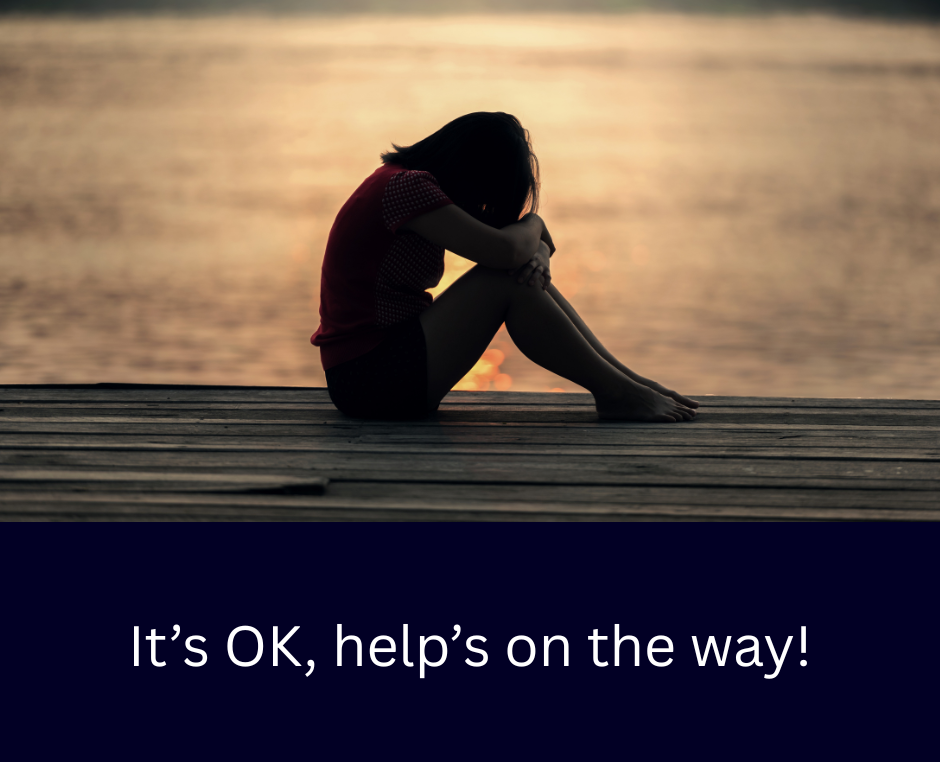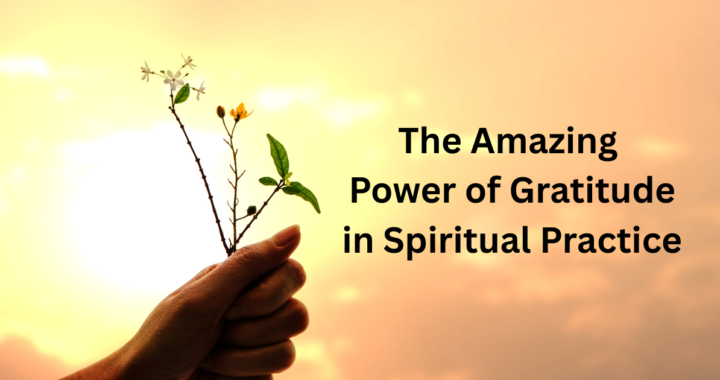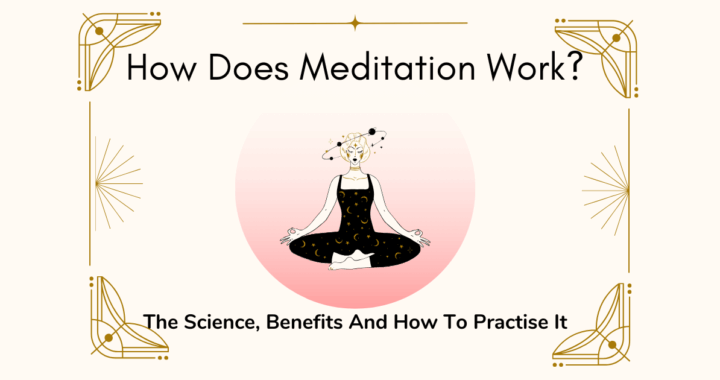Gratitude plays a bigger role in spiritual practice than most people realise. I’ve seen in my own life, and with others on their spiritual paths, that being thankful can truly change the way I feel, handle challenges, and grow as a person. When I actively weave gratitude into my spiritual routine, (which I do every day by the way), everything feels lighter, more meaningful, and connected. In this article, I’m going to share my insights and practical advice on the amazing power of gratitude in spiritual practice, why it matters, how to begin, and what to expect as benefits along the adventure.

The amazing power of gratitude in spiritual growth
Gratitude isn’t just about saying “thank you”. In spiritual practice, gratitude becomes a habit – the habit of seeing the good, even in the ordinary or difficult moments of life. Personally, I find that having an ‘attitude of gratitude’ prompts me to pause, reflect, and recognise that life’s experiences—including simple, small blessings and even setbacks—hold value. This perspective creates a mindset shift, which many of us need to jolt us out of our negative thoughts. Instead of always looking for what’s missing, you start seeing all that’s already present, and this is crucial if you want to manifest the life of your dreams.
A focus on gratitude can steer thoughts away from scarcity and comparison to others. For those on a spiritual path (and everyone else for that matter), this shift in perspective is really important. Gratitude has roots in many wisdom traditions, from Buddhist loving kindness to Christian prayers of thanks and the positive affirmations found in New Age philosophies like the Law of Attraction. The common ground is the belief that acknowledging what’s good gives a boost to spiritual connection, whether that’s to the universe, God, or simply to your own deeper self.
What stands out across spiritual traditions is that gratitude is not just a fleeting feeling—it’s a mindset that can be built over time. Religious texts and ancient philosophies often put gratitude at the centre of prayer and ritual. For example, Sufi poets wrote verses praising the smallest blessings. Native cultures frequently gather for gratitude ceremonies during seasonal changes. These practices don’t just spark a momentary positive emotion; they help train our minds and hearts to continually track down sources of goodness, no matter the circumstances we are experiencing in the present moment.
Everything has a frequency, from a pebble to a feeling, and the feeling of sincere gratitude raises us out of the dense frequencies that many of us languish in in everyday life, especially if we are focusing on the things we don’t have or the perceived lack in our lives.
 Benefits of gratitude in spiritual practice
Benefits of gratitude in spiritual practice
I have found that practising gratitude has had tangible, noticeable effects on my life and overall well-being, but mostly on my mood. I find that I’m just generally happier all round. Research confirms what spiritual traditions have been teaching for centuries: gratitude supports a positive mindset, improves emotional balance, and even offers physical health perks. Here are some benefits I’ve experienced and seen in others:
- Improved mood: Regular gratitude makes it easier for me to find contentment and peace, even on difficult days
- Greater resilience: Being thankful gives me inner strength. I face setbacks with more patience and optimism
- Better spiritual connection: I feel more closely linked to the universe, a higher power, or my core values
- Deeper relationships: Expressing gratitude makes my personal connections stronger, because people often feel valued when I thank them
- Less stress and anxiety: Focusing on what’s positive helps me break the cycle of worry or negativity
According to research from places like the Greater Good Science Center at UC Berkeley, gratitude practices can help lower blood pressure, reduce symptoms of depression, and improve sleep (source). Although science backs it up, I find personal experience just as telling. The more grateful I am, the better my spiritual practice feels.
Gratitude’s impact reaches more than just mood. Some studies suggest it ramps up serotonin and dopamine production, often called the ‘feel good’ chemicals that help our brains feel good and stay motivated. Spiritual leaders from many backgrounds suggest gratitude can even step up intuition and creativity. Plus, building a gratitude habit might support physical well-being by encouraging restful sleep and even helping to tone down chronic pain. As gratitude becomes a regular feature of your spiritual routine, you may notice subtle improvements across both mind and body.
Getting started with a gratitude practice
Adding gratitude to daily spiritual routines doesn’t need to be complicated. I usually suggest starting with something simple and consistent, so it becomes a natural part of life, not just another task. Here are some practical ways I like to encourage gratitude in a spiritual adventure:
- Gratitude journaling: Every morning or evening, write down three things to feel thankful for. This helps you notice the positive moments, no matter how small. My cats feature a lot here, as do my children and, funnily enough, my bed! But that’s great because I truly value these things in my life, and I’m thankful they have all chosen to share their lives with me
- Gratitude in meditation: During meditation sessions, focus on what you can appreciate about your surroundings, your health, or your relationships. It could be the sunny weather, or the rain watering the flowers – there’s always something to be thankful for. I have some favourite gratitude meditations that I listen to daily, sitting on the swing seat in my garden. One of my favourite ones is: https://www.youtube.com/watch?v=bESZ7O3u68s&t=931s
- Thank you rituals: Try to make time each day to mentally thank people, situations, or even the universe for helping you grow and bringing you new wisdom. Even if the lessons are tough, there are things to be grateful for because your soul is learning and expanding as a result
- Gratitude walks or moments in nature: This is one of my favourites. I like to take a quiet walk and intentionally notice the beauty around me. Why not head out into a park, the countryside or your garden and silently or audibly appreciate the things you find
Adopting any of these practices regularly can help change negative patterns of thought and create a mindset where gratitude comes more naturally throughout the day. For beginners, consistency matters more than quantity. A few heartfelt minutes each day tend to have more impact than a longer, prolonged effort.
If you’re looking to build on this foundation, consider creating a visual gratitude board where you post reminders, quotes, or photos. Such boards can stand out as daily cues, especially at times when feeling grateful is tough. Some people also put gratitude stones or tokens in their pocket—each time they touch it, it’s a gentle reminder to pause and recall something good.
Common obstacles and how to address them
Staying grateful isn’t always easy. I’ve hit my own blocks where gratitude felt forced, especially when I was faced with loss, such as the death of my parents, disappointment at work, or ongoing stress. Here’s how I worked around a few common challenges and some other ideas:
- Difficult days when gratitude feels out of reach: During tough times, I give myself permission to feel upset or sad, but I also try to find one tiny thing to appreciate, like a friend’s support, a warm cup of tea, or a moment of quiet with my cat (it’s amazing how much love comes from our furry friends and they just know!)
- Forgetting to practice: You can set a reminder on your phone, or I pair gratitude with an established habit, like brushing my teeth or making coffee, to help it become automatic. My favourite, as I’ve said, is to sit on my swing seat, with my breakfast and just listen to a gratitude meditation. It takes little effort, but it works!
- Feeling gratitude fatigue: If my gratitude practice feels stale, I mix it up by writing thank-you notes or meditating on different aspects of my life I often overlook. I also like to look back over old photos, and then it’s easy to feel happy about things that made me laugh or smile in the past
No one needs to feel grateful every second of the day. The real power comes from coming back to gratitude, again and again, even if I sometimes stray from it for a while.
Something else to keep in mind: For people who have experienced trauma or are amid grief, gratitude can feel nearly impossible or even totally fake. In these situations, I suggest not forcing the process. Sometimes, simply acknowledging that you’re willing to see something good, when you’re ready, is enough. Small steps, like being thankful just for the ability to breathe, can be more than enough to start the process. There will always be something good that will come from the situation, and it’s usually to do with your own growth as a person, but it’s also OK to feel the feelings you do in the moment. Just try not to let them overwhelm you and realise that “It’s OK, helps on the way!”

Deeper ways to work with gratitude
Once gratitude becomes part of daily life, it’s time to look for ways to deepen it in your spiritual routines. Here are a few approaches that helped me and others I know grow spiritually through gratitude:
Using gratitude in prayer or affirmation: When/if you pray, use gratitude as both the starting point and the focus of your intention. For example, instead of just asking for what you want, thank the universe (or your higher self, or God) for what you already have and for the lessons learned from tough times.
Gratitude circles or sharing with others: Join group practices where people share what they’re grateful for. Hearing other people’s stories can often spark new appreciation in your own life. Many spiritual communities host gratitude circles where participants can freely talk about moments that brought them joy or helped them grow.
Tying gratitude to the Law of Attraction: Gratitude is inextricably linked with manifesting positive experiences and the Law of Attraction, and you can read more about that in my article here. By focusing on your blessings, you can attract more of the good stuff because your mindset is open, positive, and expectant. This approach lines up with the popular belief that ‘where attention goes, energy flows.’
Seasonal or event-based gratitude rituals: During certain times of year, such as the solstice, equinox, or significant anniversaries, why not hold a ritual to list and honour the things you’ve been grateful for over the past season? This really helps reset and bring perspective to my spiritual goals, and there are so many days you can honour over the year.
Sharing gratitude outward: Deepening gratitude isn’t just about introspection. Volunteering, offering thanks in public, or sending messages of appreciation to those who have helped you are simple ways to multiply the effect in your community. Giving thanks not only uplifts the giver but creates a ripple of positivity beyond your own life.

Frequently asked questions
If you’re thinking about bringing gratitude into your spiritual life, you might have questions. Here are a few that I often come across:
Question: How long does it take to see benefits from gratitude practices?
Answer: Many people, including myself, notice small improvements in mood within a week or two. The effects tend to grow with regular practice.
Question: Can gratitude really help during very difficult or painful times?
Answer: Gratitude doesn’t erase pain, but it can offer brief moments of comfort or perspective. Sometimes it only means noticing a single, positive thing on a hard day, and other is always a growth that your soul can get from overcoming difficult times.
Question: How can I make gratitude a part of my everyday life and not just an occasional activity?
Answer: Linking gratitude to daily habits or routines, like starting or ending your day with a gratitude list, helps it become second nature over time.
Final thoughts on gratitude and spiritual well-being
Making gratitude a part of my spiritual practice has enriched my life in meaningful ways. Whether I’m looking to ease daily stress, deepen spiritual connection, or uplift my mood, gratitude is at the heart of it. Even when things aren’t perfect, finding something to appreciate helps me return to a sense of peace and perspective.
If you’re exploring spiritual growth, incorporating gratitude into your daily routine is a powerful and accessible place to start. Over time, you might be surprised to stumble upon just how much more joy, connection, and clarity gratitude can bring to your life.
Related posts
Gratitude and the Law of Attraction
To me or through me? How to think better thoughts
How To Stay Positive In A Negative World






This was such a heartfelt and grounding read—thank you for sharing this perspective. Gratitude has been a key part of my own spiritual journey, and I’ve found that even a simple daily practice, like listing three things I’m thankful for, can completely shift my mindset and energy.
I especially liked the idea that gratitude creates space for deeper connection, both with ourselves and something greater. In your experience, do you think gratitude works best when it’s part of a formal spiritual routine (like prayer or meditation), or can it be just as powerful when practiced informally throughout the day?
In my opinion, gratitude is one of the most underrated spiritual tools we have—it’s simple, accessible, and incredibly transformative. Thanks again for the reminder of how powerful it can be when practiced with intention.
Hi Tommy
Thanks so much for your kind comments, and I’m so pleased (and grateful) that you liked the article and found it useful and inspiring.
To answer your question, I think that it doesn’t matter when or how you really do it, because it’s about raising your vibration and aligning with a higher frequency – one that appreciates all things unconditionally. However, I think that as humans, on the Earth plane, we forget that this is really who we are as well, so creating space in a formal way can help us remember. But it’s also true that when you ‘stop and smell the roses’ metaphorically or literally, in any moment, you can benefit from remembering that life is really good, and it’s what we focus on that creates our reality. So, we may as well focus on the good things.
This article truly resonated with me. Gratitude is such a powerful yet underrated tool in spiritual growth. I love how you described it not just as a feeling but a mindset that needs to be nurtured daily. The part about frequency really struck me; it’s incredible how just shifting into gratitude can change your whole energetic state. I’ve recently started gratitude journaling myself, and it’s surprising how even the smallest things, like the smell of morning coffee or a kind smile, can lift my spirits. I’m curious—have you noticed certain times of day when gratitude practices feel more impactful, like first thing in the morning versus before bed?
Hi Kavitha. Good to hear from you again and thanks for your kind comments. I’m glad you liked the article – in fact, I’m very grateful that you did! To answer your question, I find that consciously doing a gratitude practice at the start and end of the day really helps set me up for a wonderful day, and to fall asleep with the expectation that tomorrow will be just as good if not better. However, reminding myself throughout the day is also something I do and that can just be appreciating the weather, the trees, the place that I live in, or anything I see. That’s when you know you have made it a habit. All the best. Gail